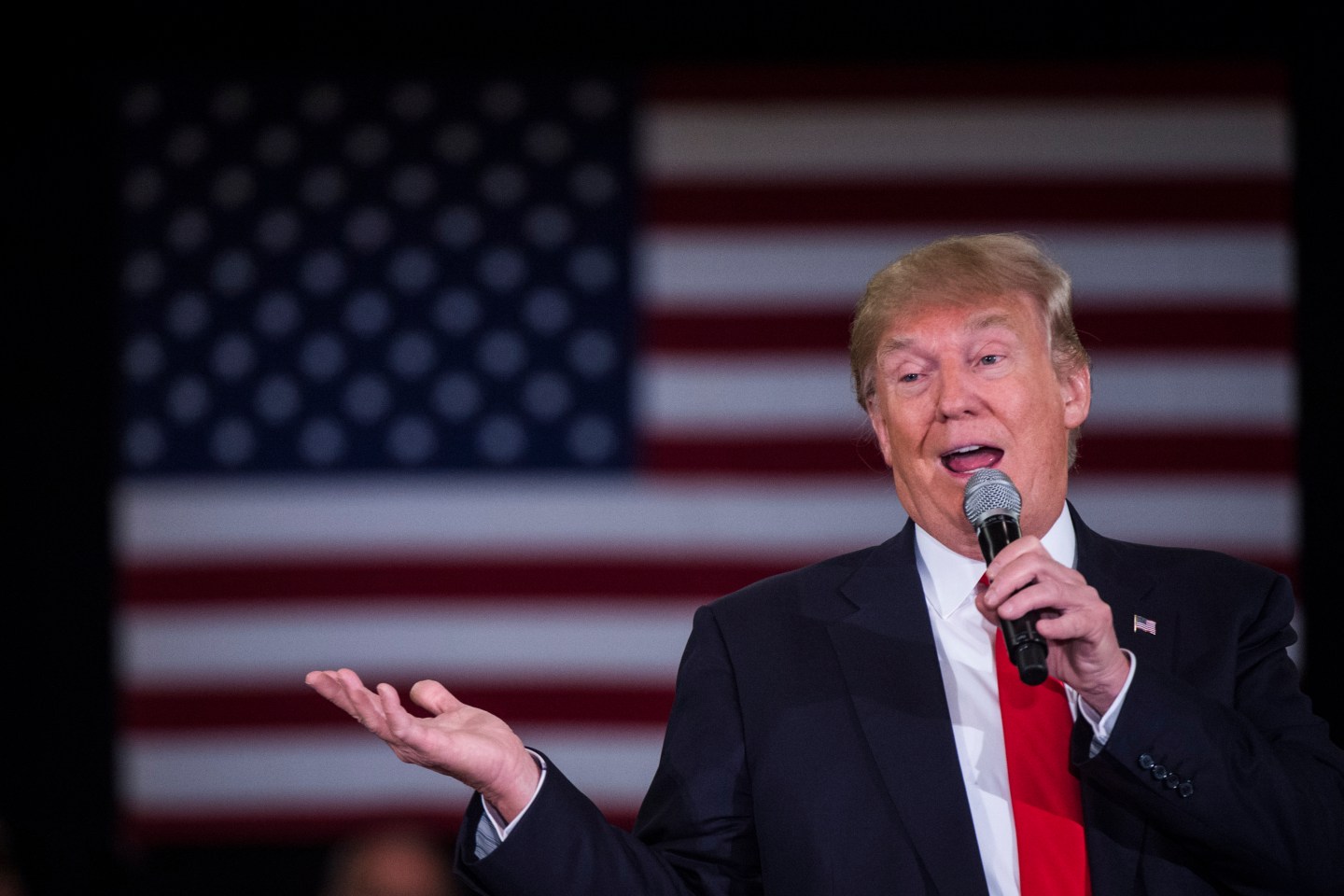Imagine a world without income tax. Sounds appealing, right? Well, according to Donald Trump, GOP nominee and former president of the United States, we can swap out income tax with tariffs on imports, the idea is called an “all-tariff policy”. Although no official statement has been made, however it may be interesting to explore the practicality of this change.
The Financial Impact:
Imagine tariffs as a type of tax slapped on goods coming into a country. While importers are technically the ones paying this tax, the real impact trickles down to consumers, who face higher prices at the store.
When tariffs are broadly applied, as proposed by Trump, the price hikes span across a wide array of goods – basically, anything that’s imported. Retailers and wholesalers don’t absorb these extra costs, they pass them on to consumers, which means higher prices at the checkout counter for everyone.
These increased costs hit low and middle-income households the hardest since they spend a larger chunk of their income on everyday items. This situation effectively transforms a progressive tax system—where higher earners pay more—into a regressive one, similar to a sales tax. In the short term, the only winners in this scenario are the wealthier individuals who can better absorb these price increases.
Everyday essentials like clothing, food, and household goods, along with big-ticket items like electronics, cars, and appliances, will see immediate price jumps. Even products made entirely within the country might become more expensive as demand outpaces supply.
For instance, if a 25% tariff is imposed on all imported goods, the cost of these items will rise by at least that much. Retailers and manufacturers will then transfer these added costs to consumers, driving up prices not only for imported items but also for goods that use imported materials. Consequently, consumers may turn to cheaper, domestically produced options if available.
However, as demand shifts to American-made products, the supply might not be able to keep up immediately. Without a significant increase in production across all sectors, this heightened demand could lead to soaring prices, reminiscent of previous supply chain issues.
In summary, tariffs function like a regressive tax. They were largely replaced by income taxes in the late 19th century for this very reason. Their regressive nature means that lower and middle-income consumers end up shouldering most of the financial burden, effectively facing a steep rise in their cost of living.
So far in 2024, the federal government has amassed $3.29 trillion in revenue. Meanwhile, imports in 2023 clocked in at around $3.9 trillion. A quick calculation shows that replacing income tax revenue with tariffs is a pipe dream.
To match the income tax revenue, an average tariff rate of nearly 85% on all imports would be needed. This would cause massive economic turmoil, trade retaliations, and even revenue instability.
Countries exporting goods to the U.S. would undoubtedly hit back with their own tariffs. This would drive up costs even further and inflict more harm on the global economy. Additionally, the revenue from tariffs would fluctuate with changing import volumes, making it an unreliable source of income compared to the steadier income tax system. This volatility could leave the federal government struggling to fund essential services.
While the concept of replacing income tax with tariffs might hold some political allure, it is fundamentally flawed from an economic perspective. Tariffs, when broadly applied, can significantly increase the cost of goods, disproportionately burdening low and middle-income households. This regressive nature of tariffs is precisely why they were largely replaced by income taxes, which are more equitable and stable.
Attempting to generate the same revenue through tariffs would require extraordinarily high rates, leading to widespread economic disruption, potential trade wars, and unreliable government funding. Everything associated with such a shift would ultimately harm the very fabric of the economy, making it clear that income tax remains a more feasible and fair method of funding government operations. Does that mean that the current tax structure is perfect? Absolutely not, in fact it is very flawed and written in a way that nobody understands it. However, in a macroeconomic perspective it makes so much more sense.
Author: Θανάσης Ντάτσης
Sources:
- Trump floats replacing income tax with tariffs: GOP lawmaker https://nypost.com/2024/06/14/us-news/trump-floated-replacing-income-tax-with-tariffs-gop-rep-thomas-massie/
- Trump floats eliminating U.S. income tax and replacing it with tariffs on imports https://www.cnbc.com/2024/06/13/trump-all-tariff-policy-to-replace-income-tax.html
- Trump’s zero taxes ‘all-tariff’ idea would cost Americans: Expert https://www.newsnationnow.com/business/your-money/trump-all-tariff-policy-income-tax-finance/
- Can Trump Eliminate The Income Tax? Maybe With An 85% Tariff https://www.forbes.com/sites/andrewleahey/2024/06/14/can-trump-eliminate-the-income-tax/


